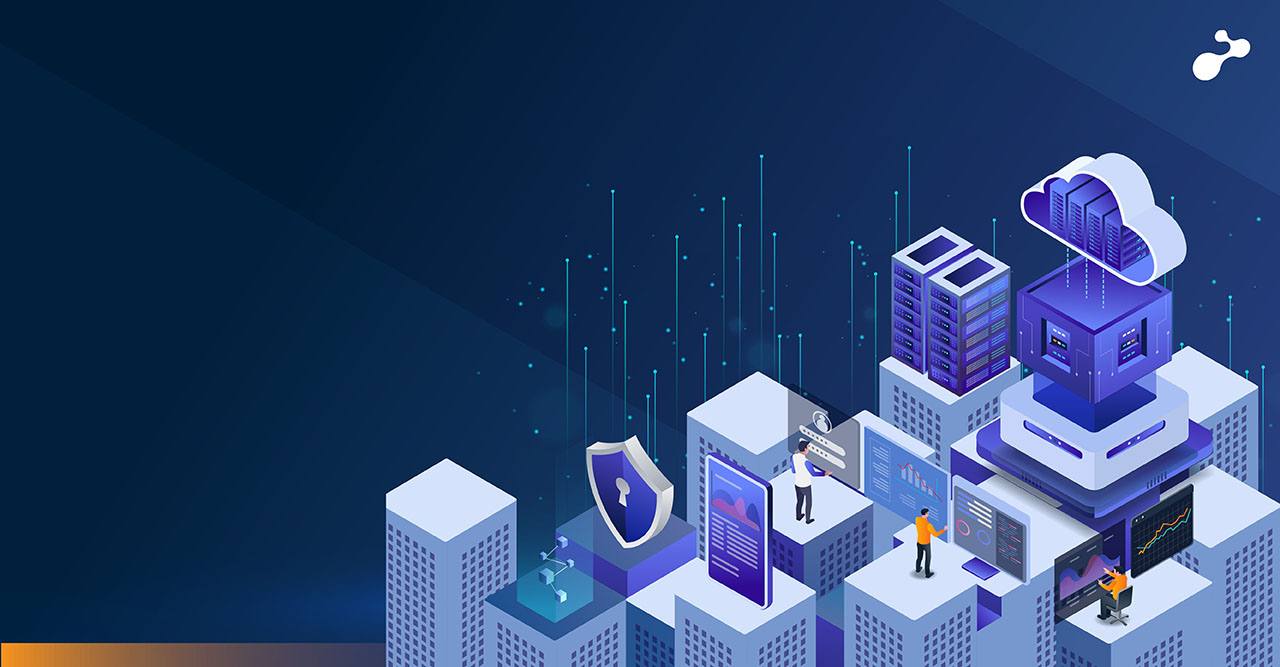My recent assignment was to revamp the eCommerce solution for a multinational giant. It was a sudden dead-end for the client enterprise as support for existing ecommerce platform was about to be discontinued by the platform vendor. There were also security threats that seriously impacted the business and a quick transition was necessary. Along with the platform transition, there were several other business needs that needed to be taken care of and it was an excellent experience to get more insights & hands-on into digital commerce space. Playing a PM/BA role I noted some key areas which are equally important while focusing on technical aspects. Following are some quick tips that I would pass over to enterprises who are looking to implement a digital commerce solution.
Going live is not the end, it’s the beginning! Digital commerce implementations must be taken up as long-term plans. Going live is just the first step. Success measures needs to be defined for a longer period and be bound with business performance instead of limiting the plan to a timely launch. So, define the success factors wisely and be ready & equipped to take up optimization opportunities. Do not spend all the budget in the go-live stage.
'IT' is not the team. It is not only IT team’s responsibility to build that dream digital commerce solution for your business. Ensure you have all the key stakeholders from concerned departments actively involved & informed on the options & decisions you are taking. Business drives the program; IT makes it happen in the right way. Do not shift the responsibilities.
Innovate or adopt early. The Internet has made the customer smarter by providing instant access to products, prices, delivery, reviews, and ratings — on any device, at any time. Prices & quality will have to be competitive if you are not playing in the niche. Make sure you are adding value by offering a better end to end experience. Ensure you are innovating or adopting the experience enhancing tools, channels & methods. Being part of the majority implies that you will be faced with some fierce competition.
Be PCI DSS compliant. The compliance shows seriousness of the business towards their customers. Data theft can bring down your brand and business takes a major hit. Do not get confused with the compliance needs and myths in market, get a consultant or hire an in-house owner to get the compliance done. Your developer/service provider being PCI complaince is equally important as data leaks are not limited to online web stores only. Any entity having access to this data be it a person or system needs to ensure utmost care is taken while handling the data. Doing compliances later is a big NO.
Adopt DevOps. Adopt DevOps principles, practices and methodologies across software development lifecycle. DevOps allows you to rapidly deliver new services to customers and gain competitive advantage in the relative market with innovation and continuous delivery. DevOps initiatives can reduce cost of per release per application by 97 % with deployments being done overnight compared to efforts made throughout the month. DevOps is a driver for continuous integration, which is a two-fold process. It allows constant software update and delivers new features. It simultaneously achieves continuous process improvement. Automation is central to DevOps, allowing new features to be deployed to a live website very rapidly, and with 100% confidence.
Select the correct service provider. The preferred vendor will vary with your needs. You need wider set of expertise from your vendor if your digital commerce business ecosystem is complex. Proficiency in ecommerce platform configuration, system integration, security implementations, enterprise mobility, user experience, DevOps & automation is mandatory. Evaluate past experiences and ask a lot of questions instead of evaluating the proposals. You can also map success stories with your business goals and take a decision.




.jpg)


